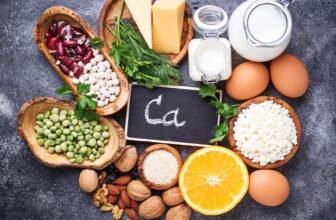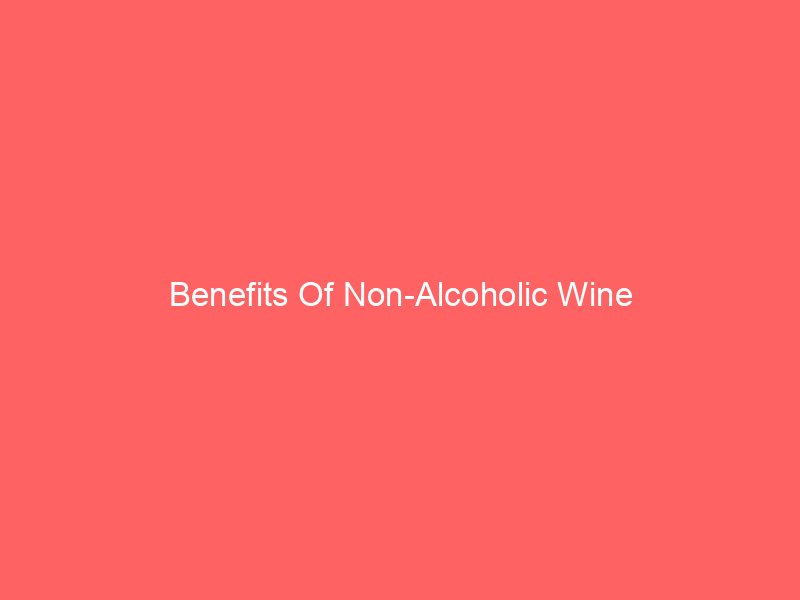L-cysteine; N-acetylcysteine; NAC
Cysteine is an amino acid, a building block of proteins that are used throughout the body. When taken as a supplement, it is usually in the form of N-acetyl-L-cysteine (NAC). The body makes this into cysteine and then into glutathione, a powerful antioxidant.
Antioxidants fight free radicals, which are harmful compounds in the body that damage cell membranes and DNA. Researchers think free radicals play a role in aging as well as the development of a number of health problems, including heart disease and cancer.
NAC can help prevent side effects caused by drug reactions and toxic chemicals, and helps break down mucus in the body. It seems to have benefits in treating some respiratory conditions, such as bronchitis and COPD.
Uses
N-acetyl cysteine (NAC) may be used in preventing or treating the following conditions:
Acetaminophen poisoningDoctors often give intravenous (IV) NAC to people who have taken an overdose of acetaminophen (Tylenol), to help prevent or reduce liver and kidney damage. Acetaminophen poisoning can also happen at lower doses if someone drinks alcohol or takes medications that may damage the liver on a regular basis. Acetaminophen poisoning is a medical emergency and can happen because of an accidental overdose. If you think someone has taken an overdose of acetaminophen, take them to the hospital.
AnginaIn clinical studies of people with ongoing chest pain, taking NAC along with nitroglycerin, a drug that opens up blood vessels and improves blood flow, has been more effective than taking either one alone in reducing chest pain, heart attack, and the risk of death. However, the combination can also cause a severe headache. You should not try to treat chest pain on your own. Always see a doctor.
Chronic bronchitis and chronic obstructive pulmonary disease (COPD)A review of clinical studies found that NAC may help relieve symptoms of chronic bronchitis, leading to fewer flare ups. But not all studies agree. One large well-designed study didn’t find any reduction in flare ups. In another study of people with moderate-to-severe COPD, taking NAC lowered the number of flare ups about 40% when used with other therapies.
InfluenzaIn one 6-month study, people who took 600 mg of NAC two times a day had fewer flu symptoms than those who took placebo.
Acute respiratory distress syndrome (ARDS)Acute respiratory distress syndrome (ARDS) happens after an injury to the lungs and is life threatening. Some studies suggest that intravenous NAC may boost levels of glutathione and help prevent and/or treat lung damage caused by ARDS. However, results of other studies have been conflicting. In one study, giving NAC or procysteine, a synthetic amino acid, to people with ARDS helped reduce the severity of their condition. But it did not reduce the number of overall deaths compared to placebo. ARDS is a medical emergency. You should not try to treat it at home.
HIV/AIDSResearchers have looked at whether cysteine can help boost levels of glutathione in people with HIV or AIDS. In one well-designed study, people with HIV who took daily supplements including the amino acid glutamine (40 g per day), vitamin C (800 mg), vitamin E (500 IU), beta-carotene (27,000 IU), selenium (280 mcg), and N-acetylcysteine (2400 mg) gained more weight after 12 weeks than those who took placebo. In a smaller-scale clinical study where HIV-positive patients took NAC, the supplement did boost glutathione levels compared to placebo. Other studies have had negative results. More research is needed to see whether NAC has any benefit for people with HIV.
Other usesNAC has also been proposed for the following conditions, although there is not much evidence:
- Reducing symptoms associated with Sjögren syndrome, an autoimmune disorder that causes dry mouth and dry eyes
- Reducing symptoms of asthma, cystic fibrosis, and emphysema
- Preventing colon cancer
- Helping increase fertility when taken along with fertility drugs in people with polycystic ovary disease
- Helping treat schizophrenia
- Reducing lung cancer risk among smokers
- Helping control blood sugar levels among people with type 2 diabetes.
More studies are needed.
Dietary Sources
Your body makes cysteine from methionine, an essential amino acid. Cysteine is also found in most high-protein foods, including:
- Ricotta
- Cottage cheese
- Yogurt
- Pork
- Sausage meat
- Chicken
- Turkey
- Duck
- Lunch meats
- Wheat germ
- Granola
- Oat flakes
NAC is not found in food.
Available Forms
- NAC aerosol spray (prescription)
- NAC liquid solution (prescription)
- NAC topical solution
- L-cysteine powder
- Cysteine/NAC tablets or capsules
How to Take It
PediatricDO NOT give NAC to a child except under a doctor’s supervision.
AdultRecommended adult doses of NAC vary depending on the health condition being treated. Talk to your doctor to find the safest, most effective dose of NAC for your condition.
Adding a multivitamin will ensure that you are getting the B vitamins you need when taking NAC.
Precautions
Because of the potential for side effects and interactions with medications, take dietary supplements only under the supervision of a knowledgeable health care provider.
Toxic forms of cysteine that should be avoided include:
- D-cysteine
- D-cystine
- 5-methyl cysteine
NAC may raise levels of homocysteine, an amino acid that is associated with heart disease. Be sure to have your doctor check your homocysteine level if you are taking NAC.
Very high doses (more than 7 grams) of cysteine may be toxic to human cells and may even lead to death.
Taking NAC by mouth may cause nausea, vomiting, and diarrhea.
Intravenous administration of NAC to treat acetaminophen poisoning may cause severe allergic reactions, including:
- Angioedema
- Swelling of the soft tissue just beneath the skin, including the face, lips, and around the eyes
- Anaphylaxis, a life-threatening allergic reaction
People with cystinuria, a kidney condition in which too much cysteine is lost in the urine, should not take cysteine supplements.
When inhaled into the lungs, NAC may cause tightness in the chest, numbness of the mouth, runny nose, and drowsiness. It may make asthma symptoms worse. People with asthma who are taking NAC should be watched closely by their doctors.
Possible Interactions
If you are currently being treated with any of the following medications, you should not use cysteine supplements without talking to your doctor first.
Medications that suppress the immune systemTreatment with NAC may strengthen the effects of some medications that suppress the immune system, such as azathioprine (Imuran), cyclophosphamide (Cytoxan), or prednisone (Deltasone). Do not take NAC with these medications without talking to your doctor first.
Nitroglycerin and isosorbideNAC may strengthen the effect of nitroglycerin and isosorbide (Isordil), two medications commonly used to treat chest pain. But this combination may also raise the risk of side effects, such as severe headaches, and may lead to abnormally low blood pressure. Do not take NAC with these medications unless your doctor tells you to do so.
OxiconazoleUsing NAC on the skin strengthens the effect of oxiconazole (Oxistat), an antifungal medication used for athlete’s foot.
Activated charcoalMay make NAC less effective.






